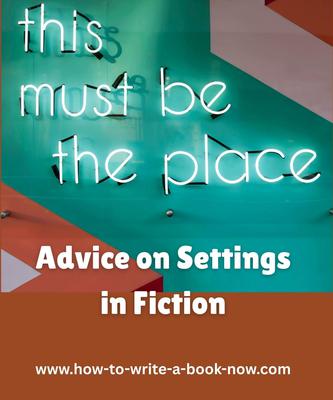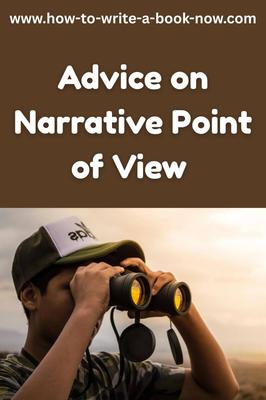Writing necessary Scenes
Hi.
I'm a first time novel writer and I've found this website amazing to help develop my novel. I have hundreds of questions, but at the moment I'm going to ask just the one.
If you have a scene that you HAVE to write or a section of the book that isn't terribly exciting but completely necessary to develop philosophical aspects of the plot, how do you make those parts more interesting???
There isn't any high tension in one part of my book- just conflict between people and also a little internal conflict on the part of the protagonist. Nothing that seems huge happens, but it's all the little things that matter and build up to the climax.
Forget saggy middle - most of my action occurs in the middle it's the beginning I'm worried about!
If you could help with any tips or advice or whatever I'd be eternally grateful!
Thanks!
Answer: It's hard to give a precise answer to this question, but here are some things to consider...
1. Remember that the key stepping stones in a plot are events -- irreversible, meaningful changes that send characters in new directions. Remember too that events can be external (actions) or internal (decisions, realizations). An internal change can be just as powerful as an external one. So if you're dealing with "philosophy" perhaps present it as an event -- the moment when a character experiences a realization, decision, or a change of
2. Sometimes you can present the events of a story in non-chronological order to improve the pace. For instance, start at a more emotionally compelling point in the story and then briefly flashback to fill in backstory, before returning to the present and the next compelling event.
3. It sometimes helps to think of all the text in a novel as falling into one of two categories...
a) Event
b) Setup or transition
With that in mind, you can quicken the pace by shortening the setup to just what is needed.
4. Sometimes you can integrate the setup into the events. A line or two of exposition in the middle of an event can be all that is needed for the reader to appreciate what they need to appreciate in order to understand the significance of what is happening.
Of course, I'm assuming here that you have a sense of the various arcs in the story and know the sequences of events required to convey it. In other words, that you have written an outline.
Not every writer makes an outline before writing a first draft. Some only do it during the revision process in order to clarify what are the crucial events in the story what is extraneous material that should be cut.
If you haven't done this, it may be a good exercise.
Hope that helps.
- Home
- Writing Questions
- Writing necessary Scenes















